common good
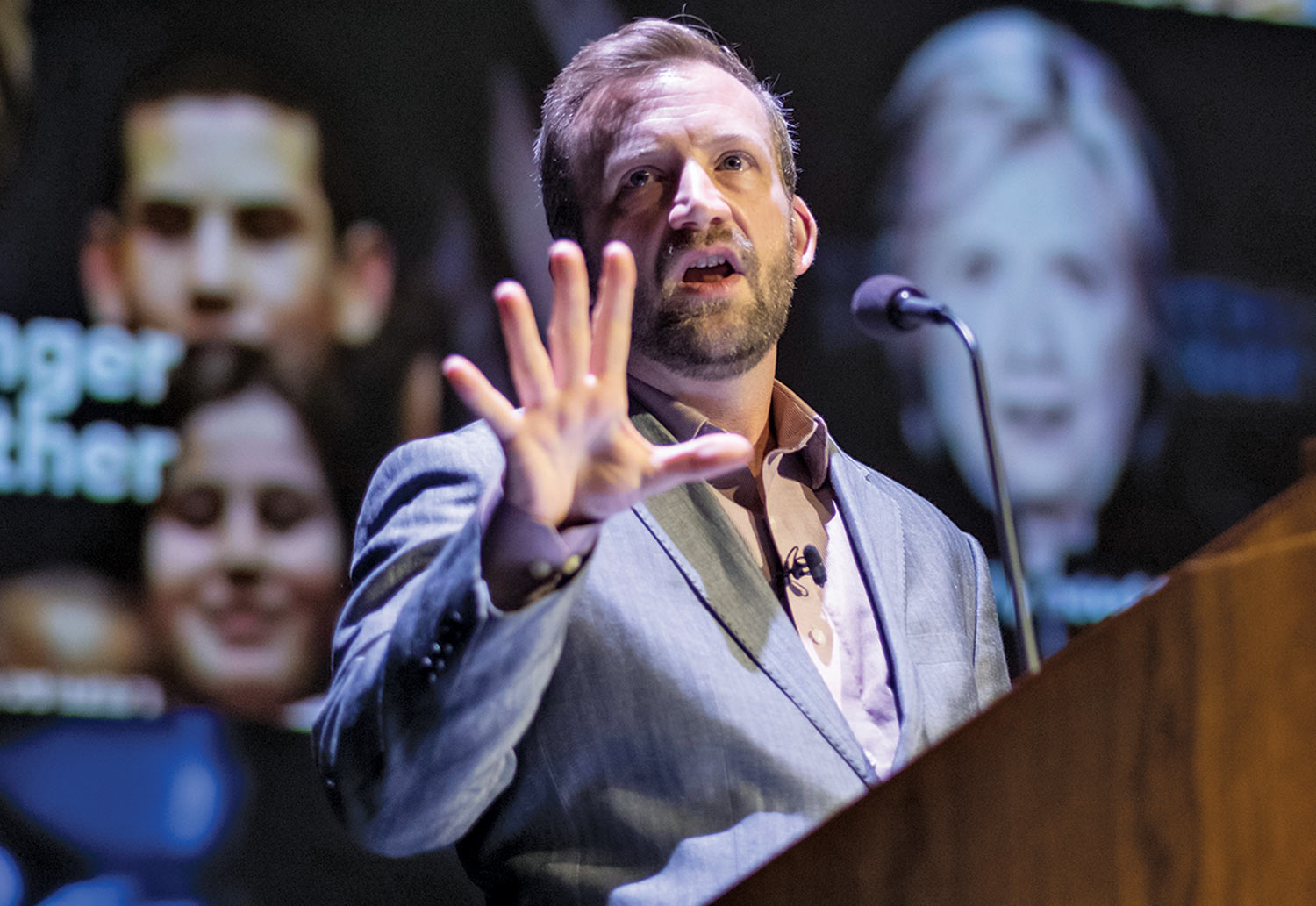
Associate Professor of Sociology Daniel Laurison ’99 researches people and politics.
Politics, Participation, and Who Gets Heard
Daniel Laurison ’99 researches inequalities in political participation, engagement, and in “who gets listened to by politicians and political parties.”
“Figuring out why that is and what can be done about it seems to be a path to getting politics to be more responsive to the needs and concerns of poor and working-class communities, and communities of color,” says Laurison, associate professor of sociology.
His recently published second book, Producing Politics: Inside the Exclusive Campaign World Where the Privileged Few Shape Politics for All of Us (2022, Beacon Press), focuses on ways in which campaign staffers, both on Democratic and Republican campaigns, are unrepresentative of voters: Overall, campaign staffers are more likely to be white, male, to have attended elite colleges, and to have come from middle- to upper-middle-class backgrounds. Only seven of the 72 politicos Laurison interviewed reported they came from working-class families.
The book explores the ways this relatively insular group of people shapes campaign choices.
“A campaign could be a conversation between political elites and regular people,” Laurison writes. “But only a very small portion of contemporary campaign budgets are dedicated to talking with potential voters. Instead, contemporary campaigns tend to be performances more than conversations: one-way communications in which consultants, staff, and candidates send the messages they think will be most effective to the people they believe are most likely to be determinative for election results.”
Laurison, who received a $200,000 fellowship from the Carnegie Corp. in 2021 to advance this research, directs the Politics and Equal Participation Lab, which is affiliated with Swarthmore’s Lang Center for Civic and Social Responsibility.
He’s working with Swarthmore students and community-based researchers to conduct interviews with low-income, poor, and working-class people about their relationship with politics.
— ELIZABETH REDDEN ’05
A Leading Voice
Sean Decatur ’90 has been named the incoming President of the American Museum of Natural History in New York City. Decatur was previously president of Kenyon College for 9 years, and a lifelong champion for the liberal arts and a leading voice in the national conversation about higher education.
“I have spent my career committed to access and opportunity for students and also to an understanding of science,” Decatur told The New York Times. “This feels like a natural evolution.”
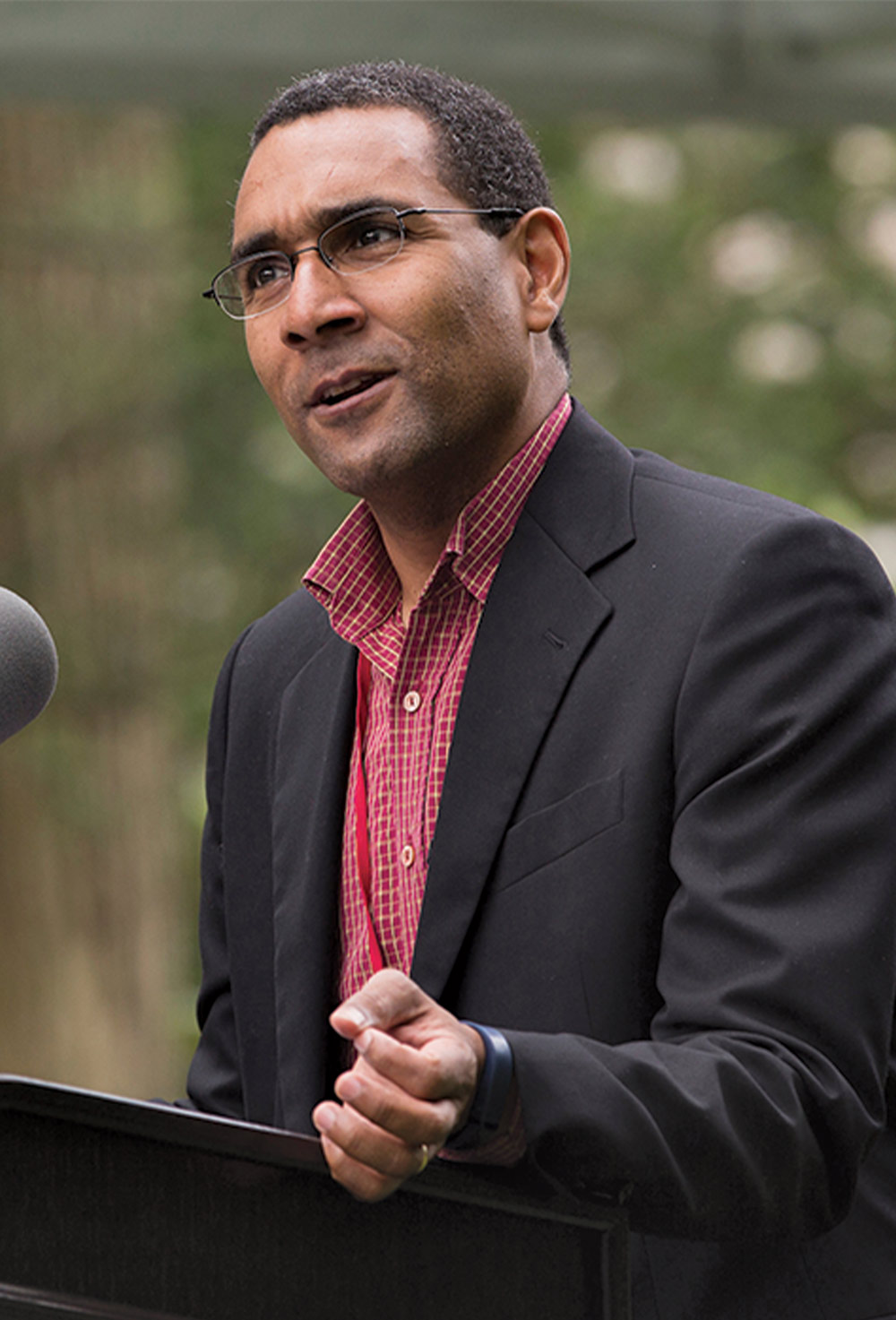
Decatur earned a doctorate in biophysical chemistry from Stanford University, then served as an assistant and associate professor of chemistry at Mount Holyoke College, a visiting scientist at the Massachusetts Institute of Technology, and a professor of chemistry and biochemistry and dean of the College of Arts and Sciences at Oberlin College. Under his leadership, which began in 2013, Kenyon joined the American Talent Initiative, a coalition of colleges working to expand access and opportunity, and kickstarted the Kenyon Access Initiative to increase diversity and foster inclusion.
Decatur now shifts his focus to the cultural world.
Campus Quickly

Empowering Scholars
“We are motivated and inspired to work with these two alumni of the Lang Opportunity Scholarship Program as they engage communities in social change and together disrupt the systems that hold pressing environmental and social problems in place,” says Jennifer Magee, senior associate director of the Lang Center for Civic & Social Responsibility.
A Seat at the Table
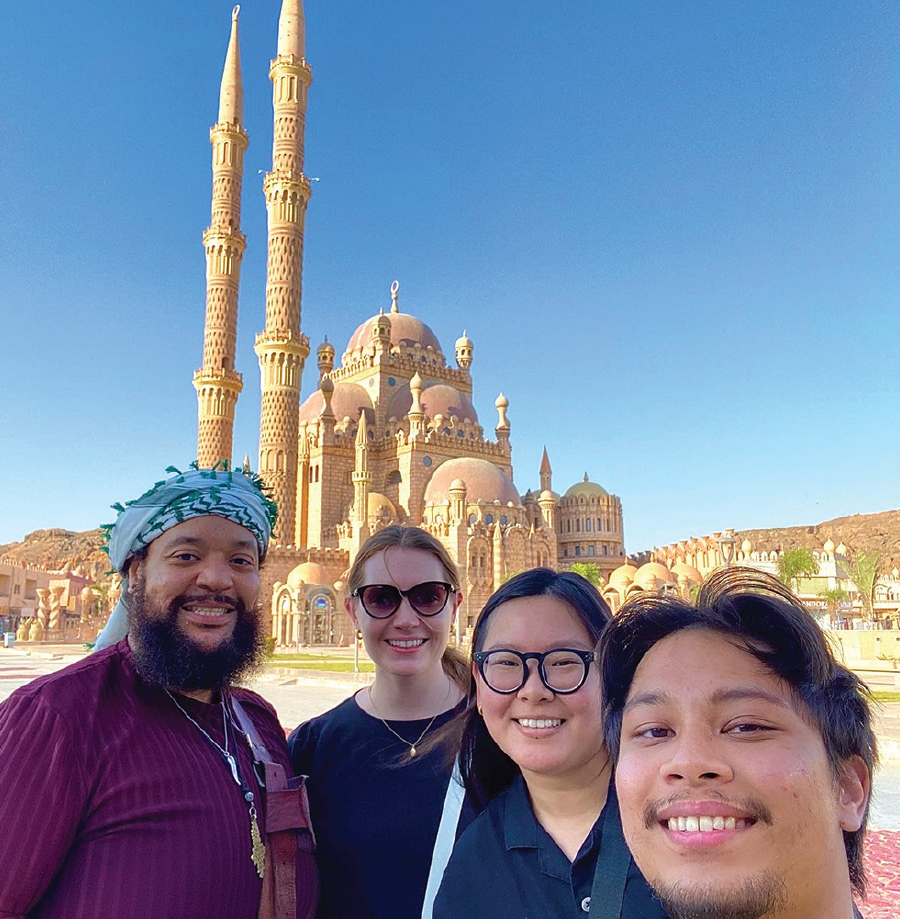

Sustainable Swag

Garnet Weekend 2022
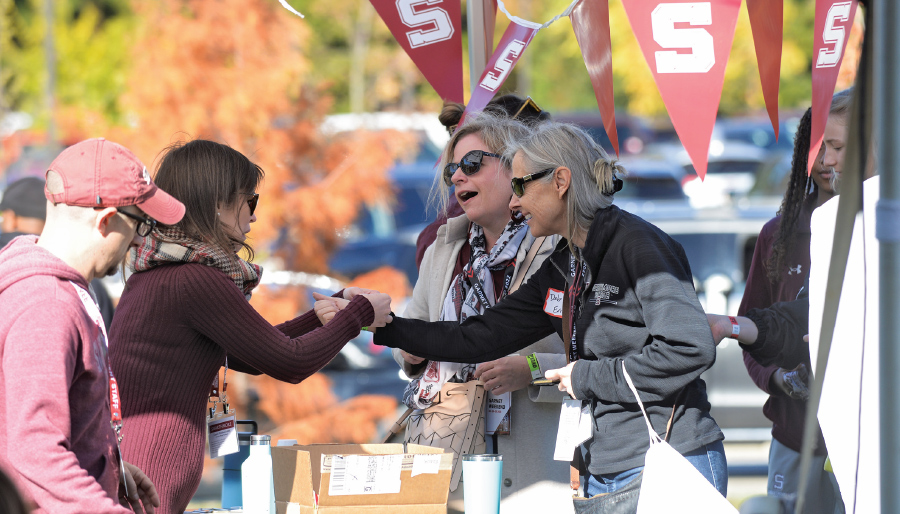
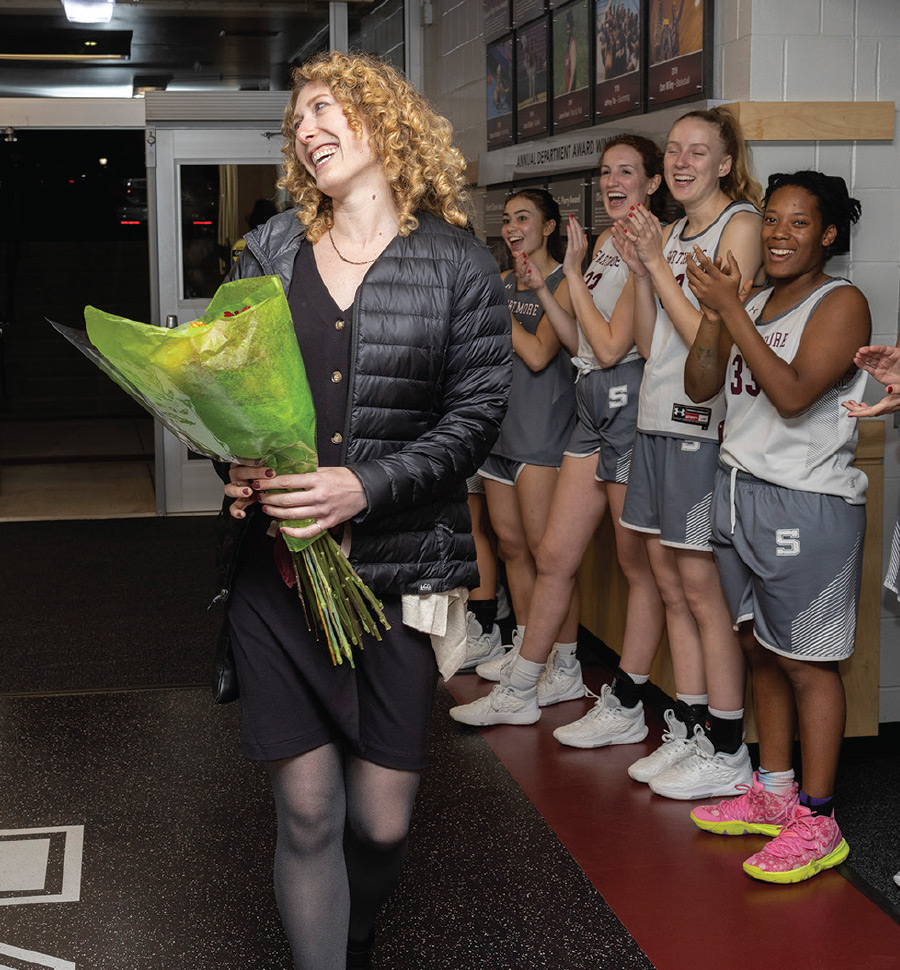
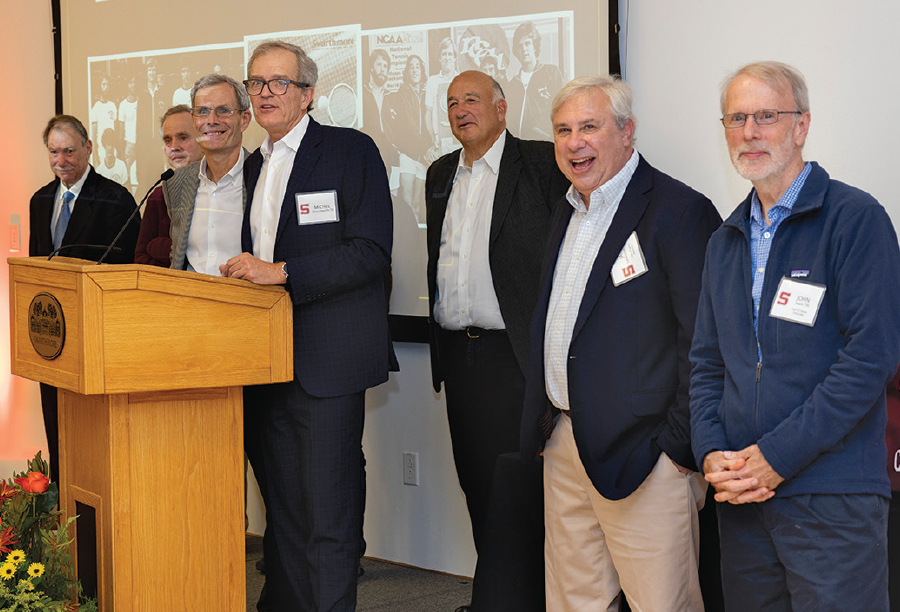
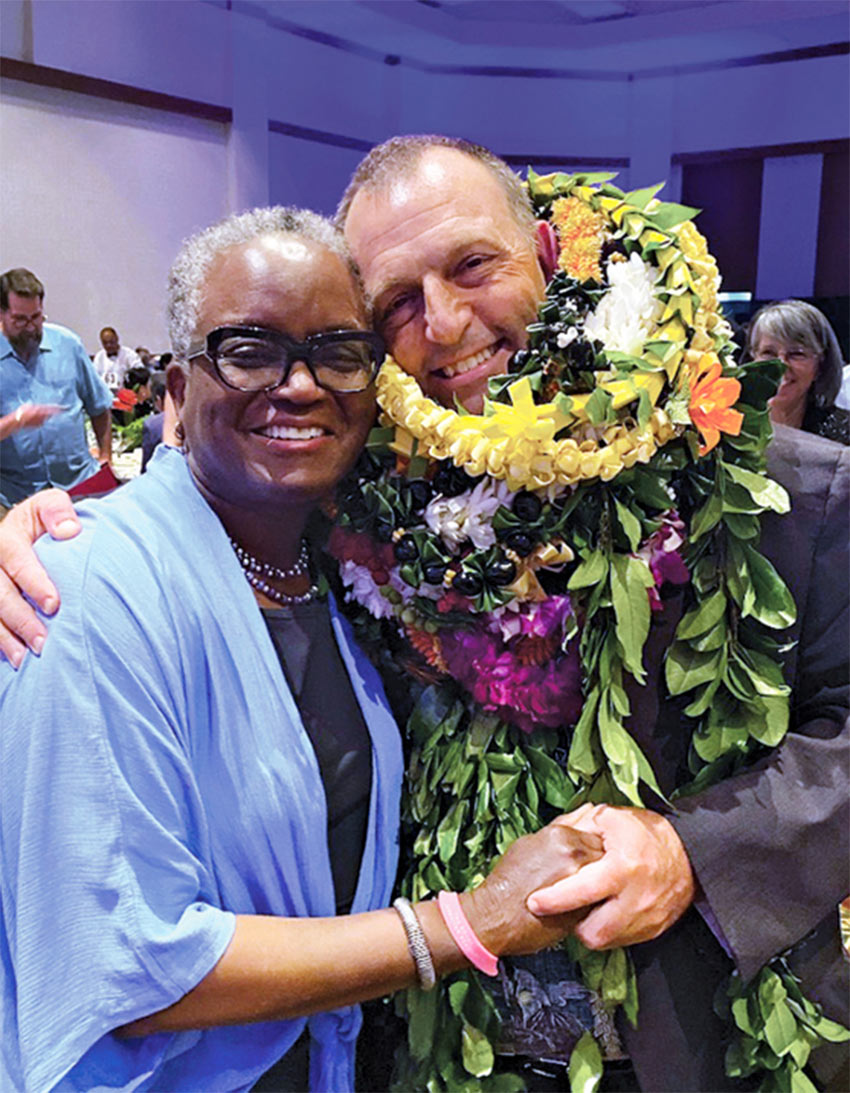
Elected to Serve
After Swarthmore, Green earned his medical degree at Penn State. Working as a doctor in underserved parts of Hawaii’s Big Island brought him face to face with health disparities on the island.
The experience made him realize he might be better positioned to improve Hawaiians’ access to care as a politician than as a physician. In 2004, Green, a Democrat, was elected to the Hawaii House of Representatives, where he served for two terms before running for state Senate. He was a state senator from 2008 to 2018, when he was elected lieutenant governor. Green graduated with a bachelor’s degree in anthropology from Swarthmore and was awarded an honorary degree in 2022.
After earning a degree in philosophy, Chris Van Hollen went on to get a master’s in public policy from Harvard’s John F. Kennedy School of Government and a law degree from Georgetown. Van Hollen, a Democrat, was first elected to serve as the U.S. Representative for Maryland’s 8th Congressional District in 2002. He was first elected to the U.S. Senate in 2016.
Weiser, a Democrat, was first elected as Colorado’s attorney general in 2018. After graduating with a degree in political science, he earned a law degree from NYU and then served as the dean of the University of Colorado Law School and as deputy assistant attorney general in the U.S. Department of Justice.
At the county and city level, alumni to win elections during the fall include Lisa Diaz Nash ’80, who was elected to the San Mateo (CA) City Council and appointed deputy mayor, and Hydee Feldstein Soto ’79, who was elected Los Angeles City Attorney.
— NIA KING
Advocating for Inclusive Voting Rights
Through his participation in debate, Tang learned about a range of public policy issues and found a keen interest in voting rights. “If you can’t vote, you can’t have a voice in a lot of critical processes that ultimately affect every single citizen,” says Tang, of Califon, N.J., who is studying political science, philosophy, and economics.
An Inclusive Excellence Fellow at Swarthmore, Tang learned of a trans student who was turned away at the polls because their “deadname” (i.e, the name they used prior to transitioning) on their OneCard did not match the name with which they were registered to vote. Tang decided to focus his Inclusive Excellence project on expanding voting access to transgender and nonbinary students at Swarthmore. His proposal focused on giving students an optional second OneCard, reading their legal name, to show when they turned up to the voting polls.
After surveying 80-plus students across various groups, including members of Trans @ Swat, Tang worked with the OneCard office to offer these alternate IDs free of charge to students who need it.
“Kilin diligently explored information from community constituents and stakeholders and made sure to follow up every referral with zeal and intention locally and at the state level,” says Associate Dean Michelle Ray, co-director of the Inclusive Excellence Fellows Initiative. “Kilin was also able to skillfully use the information and network he gained in this process to impressively impact voting inclusion at the state level.”
While working on the OneCard project, Tang connected with the Pennsylvania Department of State about issues of voting accessibility for nonbinary students. He learned that the initiative to add a nonbinary option on voter registration forms had been stalling for a few years.
“They didn’t really have the push yet to implement it and were really hoping to do so within the next two years,” says Tang. But just six months after Tang’s lobbying efforts, the legislation was passed, and the Department of State specifically cited activism from Swarthmore College.
“I think I was able to just give them that final push to get it done,” Tang says. “It’s really important that people shouldn’t have to choose a gender that they don’t necessarily identify with for something as important and vital for our democracy as voting — or not even voting, but to register to vote.” Thanks to Tang’s efforts, trans and nonbinary community members at Swarthmore, and the rest of Pennsylvania, now face fewer barriers to voting.
“It’s my sincere hope that Swatties who may have a different name that they identify with than their deadname will now be able to vote with a second OneCard without any fear of harassment or questioning about their identity,” says Tang. “No one should fear or experience discomfort about registering to vote or showing up to the polls to vote if they have the legal right to do so.”
— Madeleine Palden ’22
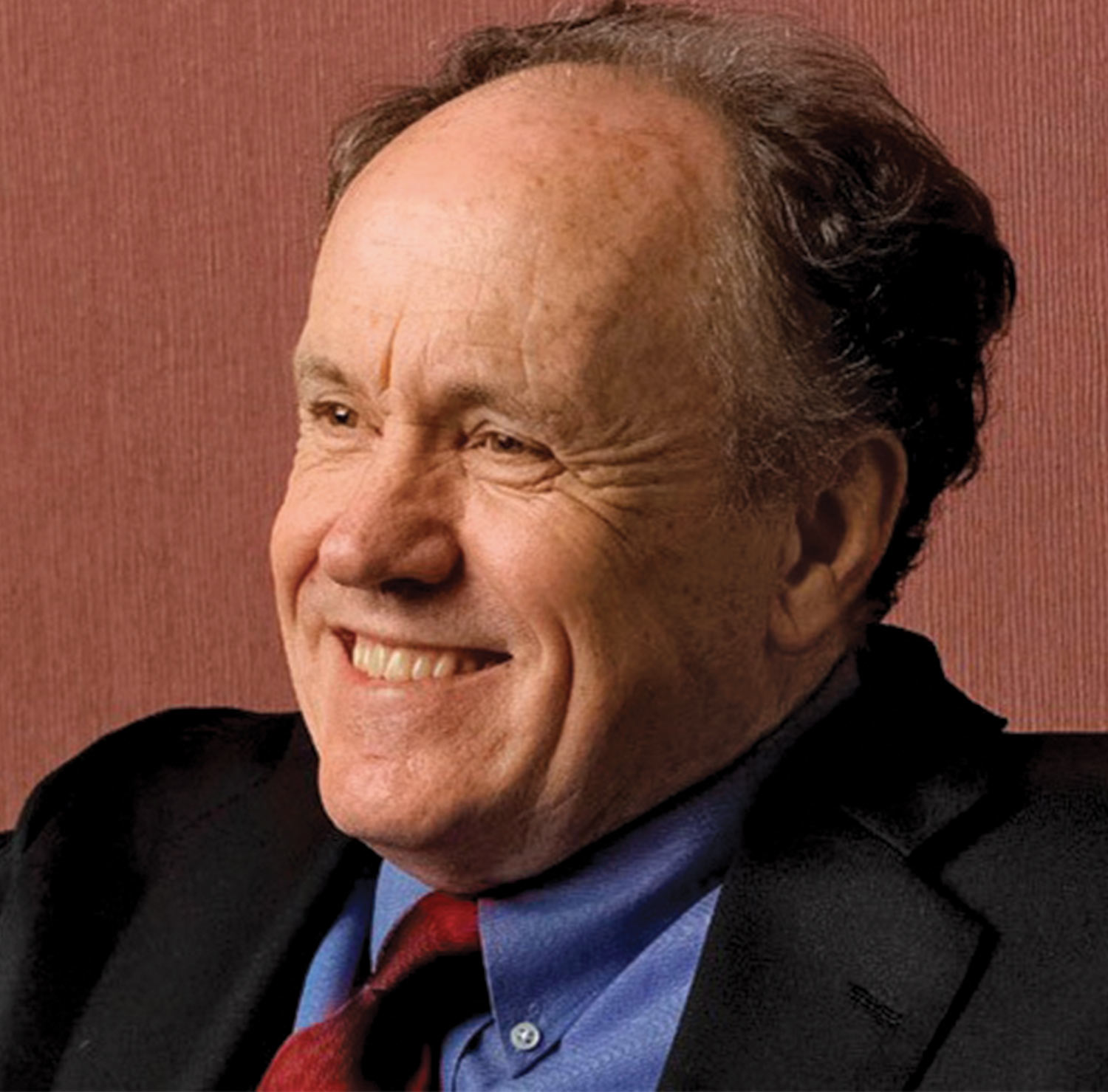
A Life Well Lived
Edward C. “Chris” Prescott ’62
A Guggenheim Fellow and fellow of the American Academy of Arts and Sciences, his foundational research in macroeconomics led to Prescott being awarded the 2004 Nobel Memorial Prize in Economic Sciences with frequent co-author Finn E. Kydland.
Prescott was born in Glens Falls, N.Y., to Mathilde Helwig Prescott and William Clyde Prescott. In 1962, he received his bachelor’s degree in mathematics and economics from Swarthmore, where he was a member of the Delta Upsilon fraternity, captain of the football team, and champion pole vaulter. He then received a master’s degree from Case Western Reserve University in operations research in 1963, and a Ph.D. in economics at Carnegie Mellon University in 1967. From 1966 to 1971, Prescott taught at the University of Pennsylvania. He then returned to Carnegie Mellon until 1980, when he moved to the University of Minnesota, where he taught until 2003. In 1978, he was a visiting professor at the University of Chicago, where he was named a Ford Foundation Research Professor.
Compassion Works
In the wake of deadly instances of Islamophobia and anti-Semitism, Muslim Students Association and Kehilah, the primary Jewish student organization, have supported each other, sent each other flowers and notes, and attended vigils together. They have made time to have fun, too. While it may seem a given that two minority religious groups would identify with and support each other, it could be otherwise. Some members of these groups hold strongly opposed viewpoints, which makes their care for one another even more inspiring.
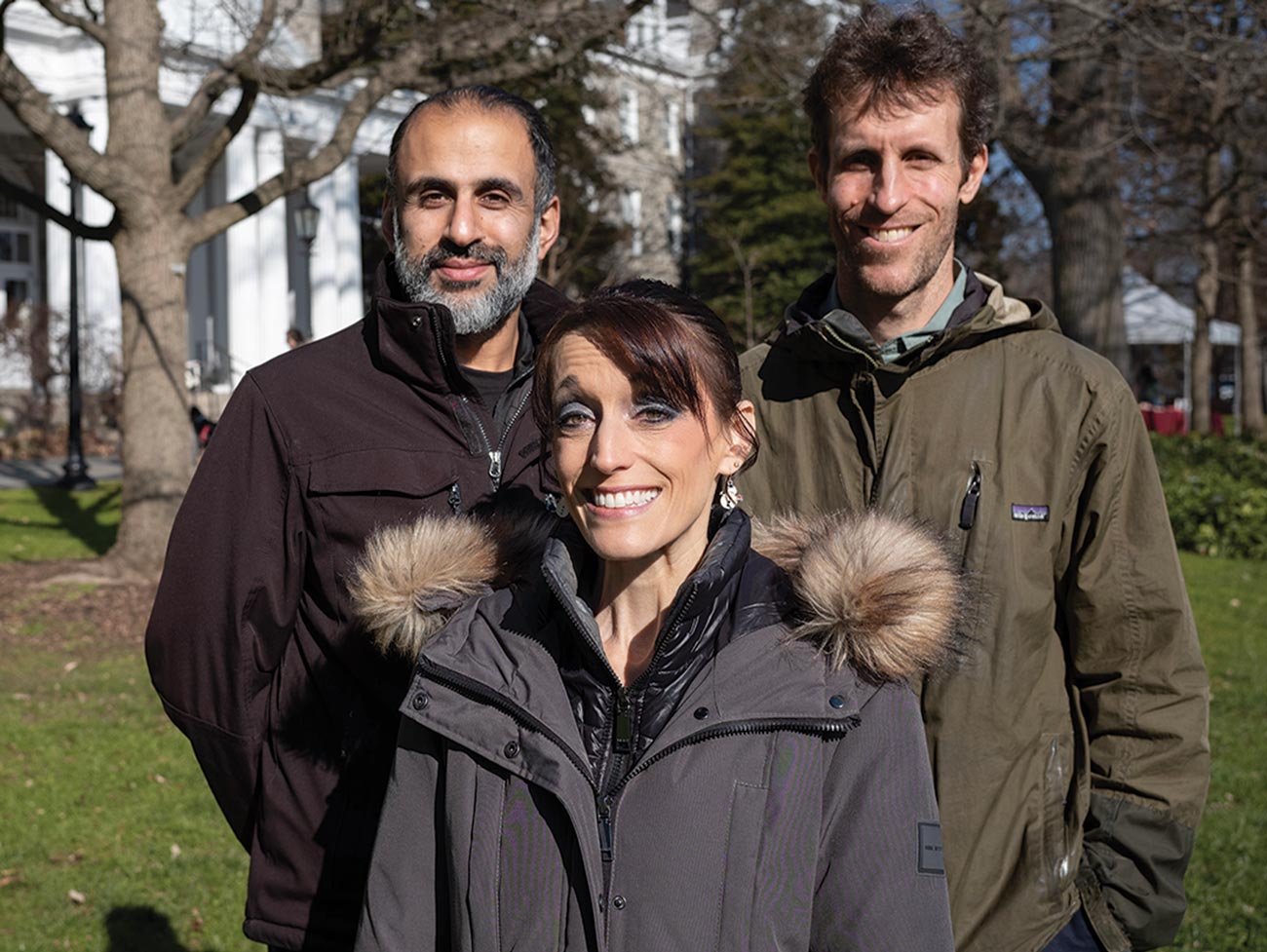
laurence kesterson
Through their compassion, across their differences, Muslim and Jewish students have helped each other to feel seen and understood and connected at Swarthmore.
Kairos (a Christian student group) has also embodied care. Kairos has undertaken a bold initiative to appreciate College staff members whose work is often overlooked, giving more than 200 small gifts accompanied by a note at the end of the fall semester. When a local organization of religious communities joined forces to create a nonprofit called First Place Swarthmore, for families of refugees transitioning to life in this country, Kairos organized events for potential volunteers.
Collaborative experiences in the Interfaith Center continue to show that active care and compassion, as well as direct service, are critical elements to building the world we want to inhabit.